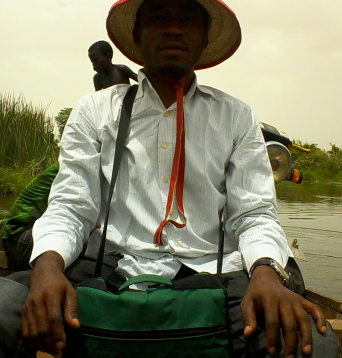CASE STUDY
Seasonal Malaria
Chemoprevention Campaign
Project Overview
In 2017, due to the surge of Internally Displaced Persons (IDPs) with limited access to basic healthcare services, resulting from the Boko Haram insurgency, Malaria became the number one killer disease in Borno State, accounting for 50% of deaths, according to WHO estimates. To curb the high death toll resulting from Malaria, WHO supported the State Ministry of Health (SMoH) and other health delivery partners in Borno state to launch a Seasonal Malaria Chemoprevention (SMC) campaign in July 2017.
The campaign involves the intermittent administration (once a month for 4 months) of the full treatment course of an antimalarial regimen (a combination of sulfadoxine-pyrimethamine and amodiaquine (SPAQ) to children aged between 3 to 59 months, in areas of highly seasonal transmission of malaria. From 2017 to 2019, the SMC campaign has been implemented in Borno across selected LGAs targeting about 1.1 million children (3-59 months).
In 2020, the SMC campaign in Borno was extended to cover all 27 LGAs reaching over 2 million children.
